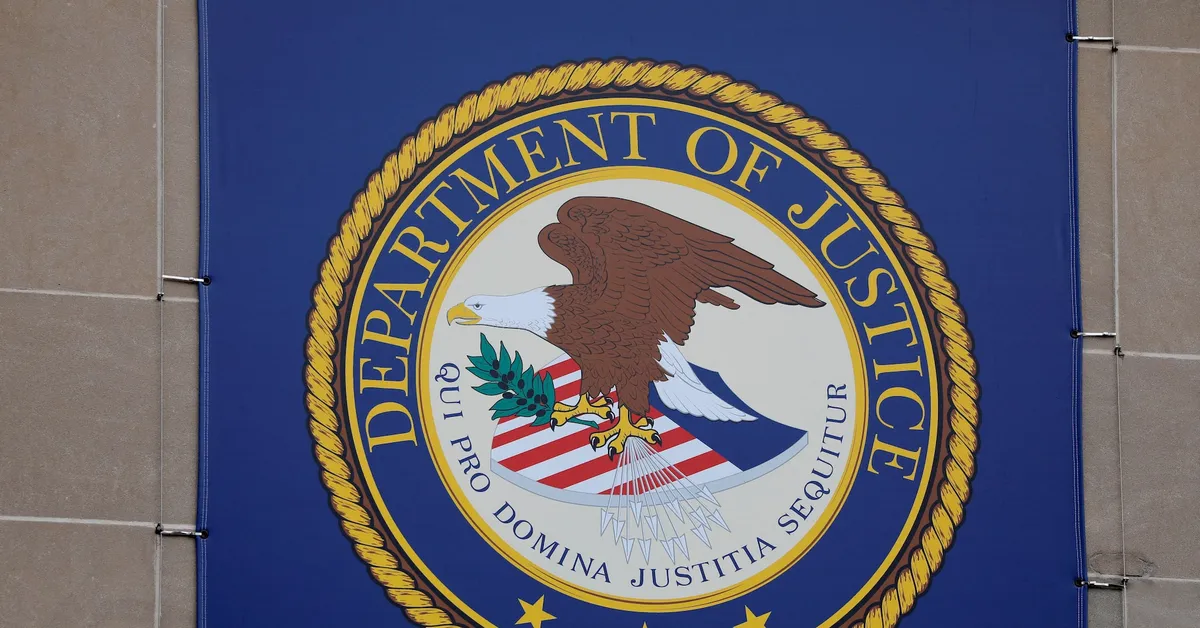
On March 3, a significant directive was issued by federal prosecutors in Washington, D.C., mandating that every firearms case referred to their office be pursued vigorously. This initiative, titled Make D.C. Safe Again, was announced in an internal memo obtained by Reuters and spearheaded by President Donald Trump's interim U.S. Attorney, Ed Martin.
In the memo, Martin emphasized the urgency of flooding the federal district court with firearms cases, stating, "We will flood the federal district court with cases - to make our City safe." This directive marks a notable shift in the approach to handling firearms offenses, aiming to enhance public safety in the nation’s capital.
Alongside the new initiative, Martin took decisive action last week by demoting over half a dozen senior leaders in his office. These leaders were responsible for prosecutions related to fraud, public corruption, civil rights, and also those overseeing cases involving firearms, narcotics trafficking, and child exploitation. This restructuring underscores the administration's commitment to prioritize firearms prosecutions as part of its broader agenda.
As the chief federal prosecutor in Washington, Martin's role is pivotal in executing the Trump administration's policies. Critics, however, have raised concerns that these measures could be used for political retribution against opponents. Martin has previously supported Trump's unfounded claims regarding the 2020 election and has expressed intentions to investigate members of Congress based on their political statements.
A significant resignation occurred last month when Denise Cheung, the office's top criminal chief, stepped down after reportedly facing pressure to initiate an investigation related to a grant awarded by the Environmental Protection Agency during President Joe Biden's term. Cheung indicated that there was no evidence of any wrongdoing, highlighting the contentious climate within the office.
In a further development, Martin announced that Jonathan Hornok, a prosecutor from the Narcotic and Dangerous Drug Section, will replace Cheung as the chief of the Criminal Division. According to the updated memo, prosecutors will now be required to seek approval from Hornok before declining to bring firearms charges, establishing a more stringent protocol for handling these cases.
The memo also outlined that if a magistrate judge denies a request for pretrial detention, prosecutors must appeal the decision, reinforcing the administration's commitment to stringent enforcement of firearms laws. Additionally, the initiative will see about a dozen agents from the Bureau of Alcohol, Tobacco, Firearms and Explosives reassigned to support the Make D.C. Safe Again initiative.
As the Trump administration continues to shape the legal landscape in Washington, more interim U.S. Attorneys are anticipated to be appointed in the coming week. In Maryland, veteran prosecutor Kelly Hayes has been named the Interim U.S. Attorney, drawing praise from Rod Rosenstein, the former Deputy Attorney General, who lauded her as a brilliant lawyer with a strong reputation among her peers.
This evolving situation highlights the administration's focus on crime and public safety, particularly related to firearms offenses, as it seeks to reshape the legal framework in Washington, D.C.